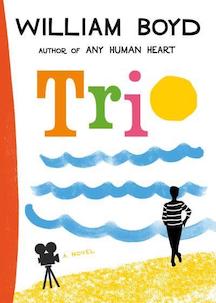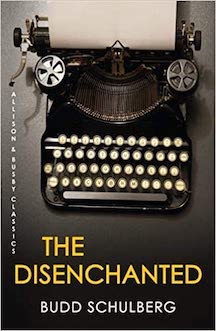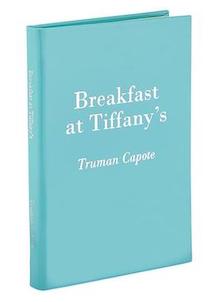LizzieMaine
Bartender
- Messages
- 34,189
- Location
- Where The Tourists Meet The Sea
In the early 1940s, it was widely considered that the contradictions in the American Way were less philosophical than they were substantial and practical. That a family such as the Wilsons of Chicago, scions of the Wilson & Company meatpacking empire -- who get a lavish profile in "How America Lives" -- could live in genteel luxury while families such as the Braceys -- the sharecroppers -- could be compelled under the law to exist in a state of literal serfdom, tied to the land as surely as if they were still in chattel slavery -- was viewed by a great many people in 1941 as a fundamental challenge to reevaluate what "The American Way" actually was. The Goulds, as editors of the LHJ, raised that challenge constantly, and the book really is a monument to that aspect of their work.






